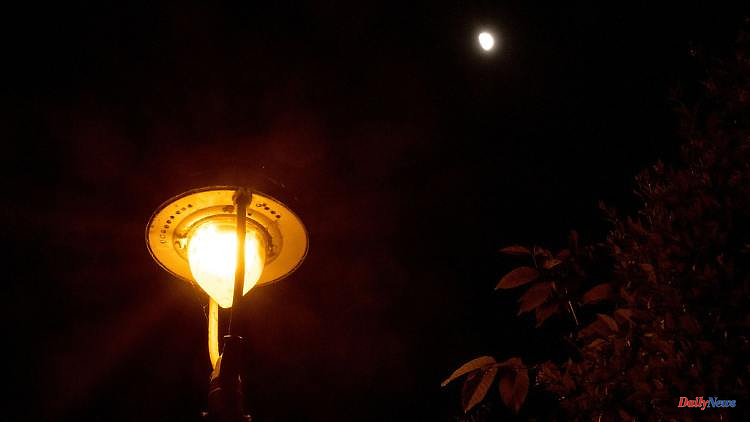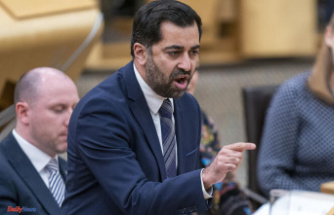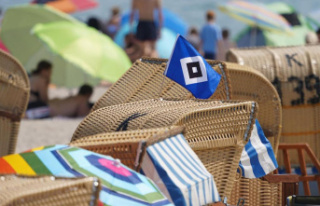Jena/Erfurt/Gera/Ilmenau (dpa/th) - Against the background of the looming energy crisis, cities in Thuringia are looking for savings. In Gera, for example, the potential for schools, halls and similar buildings is to be examined. "The nightly, dimmed lighting in the foyer of the culture and congress center has already been switched off," said a spokeswoman. According to the city, no facilities belonging to the cultural office will be illuminated by spotlights at night. As in the Natural History Museum, there is only light here along the terrace and footpaths - for traffic safety. Also at the orangery and the Otto-Dix-Haus only safety lights on the doors are on at night, “which – as the name suggests – are used for security and cannot be deactivated,” it said.
The city of Jena recently announced that it would no longer illuminate public buildings and sights in the evenings and at night. A total of 15 municipal buildings - including the city museum, the Johannestor with city wall, the public baths and the theater - are now in darkness at night. According to the city, switching off the lights saves around 30,000 kilowatt hours (kWh) per year. That corresponds roughly to the energy consumption of ten single-family houses, each occupied by two people
Possible measures are also evaluated in the state capital in order to provide recommendations for action. "The feasibility and effects must be weighed up," the city said. The use of energy is often associated with obligations. "It must be clear to all of us that every measure involves cuts." In Erfurt, the temperature in the pools has already been lowered and the hot water in the gyms has been turned off.
In Ilmenau, efforts are already being made "to work as sparingly as possible in terms of energy," said a spokesman. For example, swimming pools would be covered at night and the temperature would be lowered at night to minimize energy consumption. The use of district heating is also one of the focal points. This could be "extended a little further, but there is not much leeway," it said.












